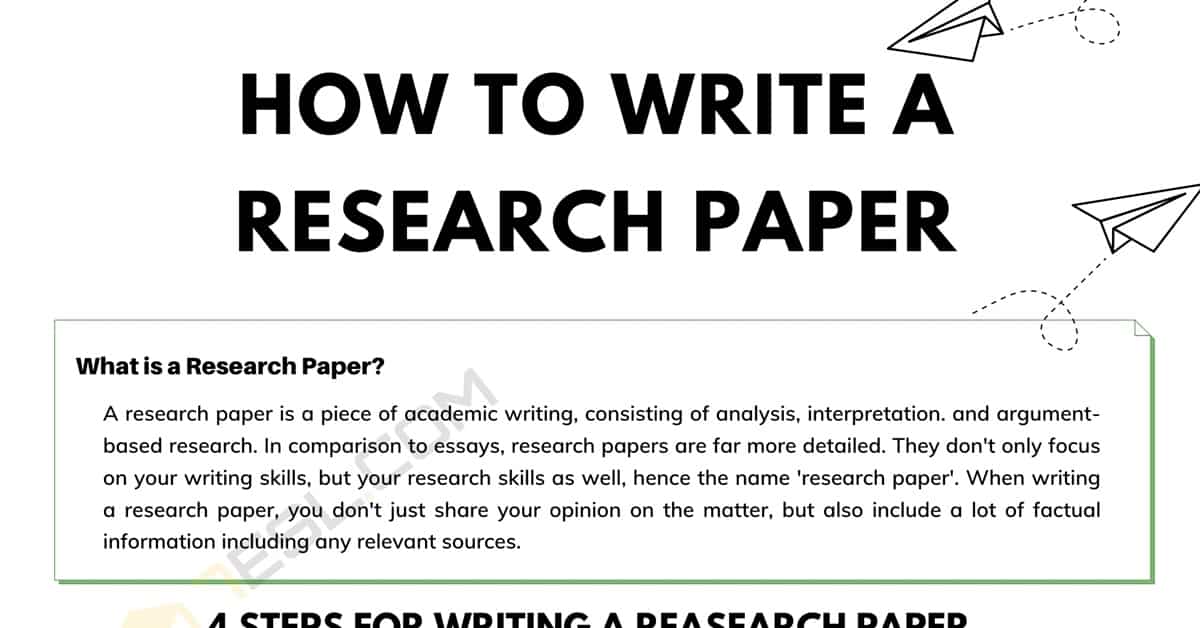Writing a research paper may initially seem like a daunting task, but with proper guidance and a structured approach, you can create a well-crafted and impactful piece of scholarly work. This article aims to provide practical strategies to help you write a good research paper. From selecting a topic to organizing your thoughts and presenting compelling arguments, we will explore key steps that will enable you to produce a high-quality research paper that stands out.
I. Choosing an Engaging Topic to write a good research paper
A. Explore Your Interests: Select a research topic that genuinely interests you. Engaging with a subject you’re passionate about will motivate you throughout the writing process.
B. Refine Your Research Question: Formulate a clear and focused research question that guides your investigation. Ensure it is specific, relevant, and addresses a gap or problem in the existing literature.
II. Conducting Thorough Research
A. Identify Reliable Sources: Utilize reputable sources such as scholarly articles, books, and reputable websites. Collect a wide range of relevant information to support your arguments.
B. Take Organized Notes: As you gather information, maintain organized notes that include key findings, quotes, and proper citations. This will help you avoid plagiarism and easily reference your sources.
III. Structuring Your Research Paper
A. Develop a Clear Outline: Create a logical structure for your research paper, including an introduction, body paragraphs, and a conclusion. Each section should flow smoothly into the next.
B. Engaging Introduction: Begin your paper with a captivating introduction that provides background information, introduces your research question, and highlights the significance of your study.
C. Coherent Body Paragraphs: Organize your ideas into cohesive paragraphs. Each paragraph should have a clear topic sentence and support your thesis statement with relevant evidence.
IV. Writing with Clarity and Precision
A. Articulate Your Thesis Statement: Craft a strong and concise thesis statement that reflects the main argument of your research paper. This statement should guide the reader throughout the paper.
B. Use Clear and Concise Language: Express your ideas using clear and precise language. Avoid jargon or overly complex terms and aim for a balance between formality and accessibility.
C. Effective Transitions: Use transitional words and phrases to create smooth transitions between paragraphs and sections. This enhances the flow of your paper and improves readability.
V. Properly Citing and Referencing Sources
A. Follow a Citation Style: Adhere to a specific citation style, such as APA, MLA, or Chicago, and ensure consistency in formatting throughout your research paper.
B. Attribute Credit to Sources: Accurately cite all sources used in your paper to give proper credit to the original authors and avoid plagiarism. Use in-text citations and a comprehensive bibliography or reference list.
Writing a good research paper requires careful planning, thorough research, and effective communication of your findings. By selecting an engaging research topic, conducting thorough research, structuring your paper logically, writing with clarity and precision, and properly citing your sources, you can create a compelling research paper that contributes to the academic discourse. With these strategies in mind, you’ll be well-equipped to produce an exceptional research paper that showcases your knowledge and critical thinking skills.










